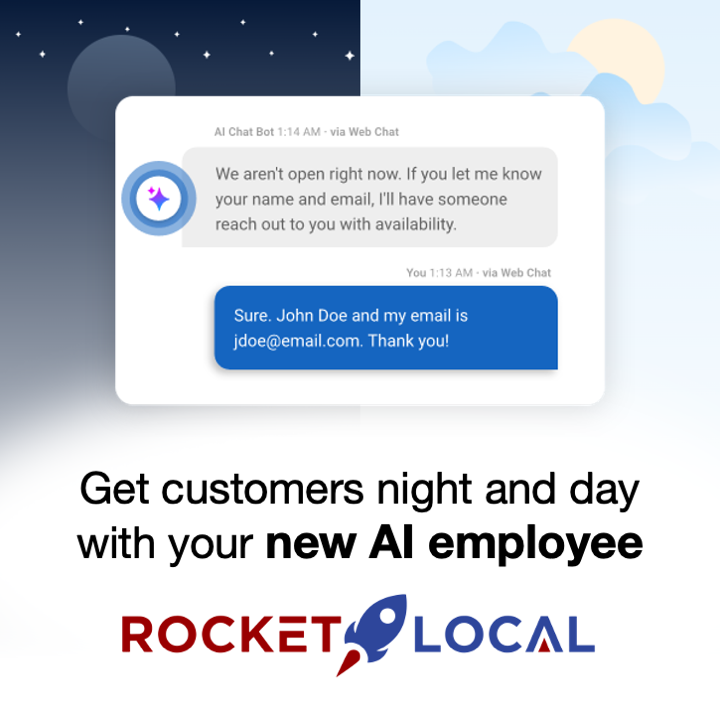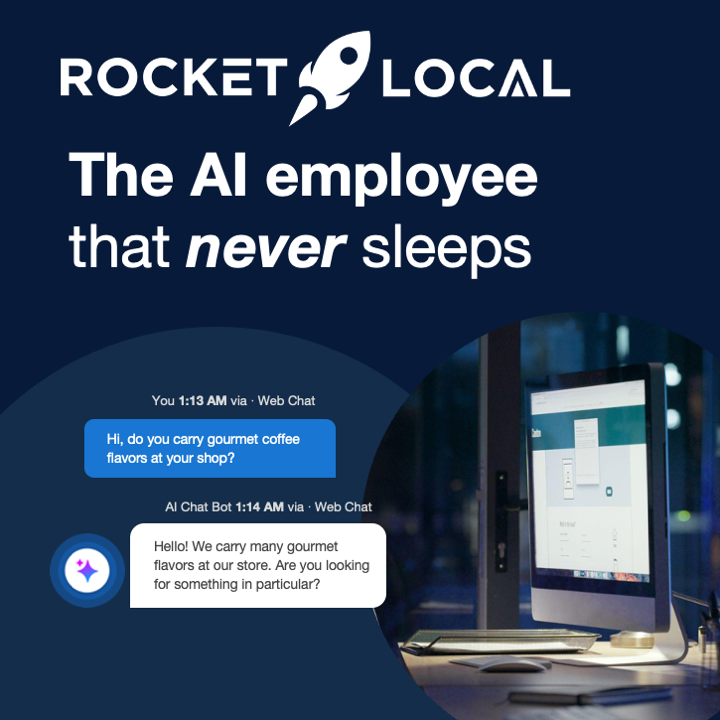In the ever-evolving world of digital marketing, staying ahead of the game is essential. As we look toward 2025, AI tools for digital marketing are becoming more integral than ever. These tools not only automate mundane tasks but also provide insights that can transform your marketing strategies. In this article, we’ll explore how to effectively harness AI for your marketing efforts, choose the right tools for your needs, and anticipate the future trends that will shape the industry.
Key Takeaways
- AI tools can streamline repetitive marketing tasks, allowing you to focus on strategy.
- Choosing the right AI tool involves understanding your specific marketing needs and the features available.
- Future trends like hyper-personalization and advanced automation will redefine how marketers engage with audiences.
Harnessing AI For Enhanced Marketing Strategies
Understanding AI-Driven Insights
Okay, so, AI in marketing isn’t just some buzzword anymore. It’s actually changing how we do things. Think of it as having a super-smart assistant that never sleeps and can analyze mountains of data in seconds. Instead of guessing what your customers want, AI can show you. For example, AI algorithms can analyze customer interactions across different platforms, pinpointing patterns and preferences. This helps marketers tailor their strategies more effectively, ensuring the right message reaches the right audience at the perfect time. It’s about making smarter decisions, not just more decisions. Using AI marketing tools can really help you understand your audience better.
AI-driven insights allow businesses to create highly personalized experiences that resonate with consumers, fostering deeper connections and encouraging repeat purchases.
Here’s a quick look at what AI can do:
- Predictive Analytics: AI forecasts trends, helping marketers anticipate customer needs.
- Customer Segmentation: AI groups customers based on behavior, demographics, etc.
- Content Optimization: AI suggests improvements to content for better engagement.
Automating Repetitive Tasks
Let’s be real, some marketing tasks are just plain boring. Things like scheduling social media posts, sending out email sequences, and sifting through data reports. AI can take over these tasks, freeing up your time to focus on the creative stuff. Marketing automation isn’t new, but AI takes it to a whole new level. Imagine AI handling data analysis, email marketing sequences, and social media postings, streamlining processes that once consumed significant time and resources. This not only boosts productivity but also cuts down on errors. Plus, AI can even optimize things like email subject lines and send times for maximum engagement. It’s like having an extra pair of hands (or maybe ten!) to get everything done. You can use innovative solutions to streamline task management.
Here’s a simple table showing the impact of AI automation:
| Task | Time Saved (per week) | Error Rate Reduction |
|---|---|---|
| Social Media Posting | 5 hours | 15% |
| Email Marketing | 8 hours | 20% |
| Data Analysis | 10 hours | 25% |
Choosing The Right AI Tool For Your Business
Okay, so you’re ready to jump into the world of AI for your digital marketing. Awesome! But with so many options out there, how do you pick the right one? It can feel overwhelming, but don’t worry, we’ll break it down. It’s all about figuring out what you actually need and then matching those needs to the tool that fits best. Think of it like finding the perfect wrench for a specific bolt – you wouldn’t use a hammer, right?
Identifying Your Marketing Needs
First things first: what are your biggest marketing headaches? Are you spending way too much time on social media scheduling? Is your email open rate in the toilet? Or maybe you’re drowning in data and can’t make heads or tails of it. Pinpointing your pain points is the first step. Once you know what’s broken, you can start looking for AI tools that offer a fix. For example, if you’re struggling with generating engaging content, you might look into AI content marketing tools. It’s also important to consider your current marketing maturity. Are you just starting out, or are you already running sophisticated campaigns? This will influence the complexity and features you need in an AI tool.
Here’s a quick checklist to get you started:
- What tasks are currently taking up the most time?
- Where are you seeing the lowest ROI?
- What are your biggest marketing goals for the next year?
- What data do you already have available?
Understanding your current marketing landscape is key. Don’t just jump on the AI bandwagon because it’s trendy. Make sure it aligns with your business goals and addresses real needs.
Evaluating Tool Features
Alright, you know what you need. Now it’s time to window shop! Most AI marketing tools boast a ton of features, but not all of them will be useful to you. Focus on the ones that directly address your identified needs. Does the tool offer AI for SEO optimization? Can it integrate with your existing CRM? Is the user interface intuitive, or will it require a PhD to operate? Don’t be afraid to ask for demos or free trials. This is your chance to kick the tires and see if the tool actually delivers on its promises. Also, pay attention to the level of customer support offered. A responsive and helpful support team can be a lifesaver when you’re just getting started. Finally, consider the long-term scalability of the tool. Will it grow with your business, or will you need to switch to something else in a year or two?
Here’s a table to help you compare features:
| Feature | Tool A | Tool B | Tool C |
|---|---|---|---|
| Content Creation | Yes | No | Yes |
| Email Automation | Yes | Yes | No |
| Data Analytics | Basic | Advanced | Advanced |
| CRM Integration | Yes | No | Yes |
Future Trends In AI For Digital Marketing

AI is changing fast, and it’s really changing how businesses talk to people. The future? It’s all about making things super personal, using AI to make search better, and doing more stuff automatically. This means you can make marketing that grabs attention, uses data smartly, and doesn’t waste time.
Hyper-Personalization Techniques
Forget generic ads! AI is making it possible to create marketing that feels like it was made just for one person. Think about it: ads that change based on what you looked at last week, emails that know exactly what you need right now, and websites that feel totally custom. This is where things are headed. It’s not just about using someone’s name in an email anymore; it’s about understanding their intent and serving them content that truly matters to them. For example, imagine an AI tool for attracting customers that analyzes browsing history to suggest the perfect product at the perfect time.
- Dynamic content creation based on real-time data.
- Predictive personalization that anticipates customer needs.
- AI-driven recommendations that go beyond basic product suggestions.
The shift towards hyper-personalization isn’t just a trend; it’s a necessity. Customers expect brands to understand them, and AI is the key to meeting those expectations.
Advancements In Marketing Automation
Marketing automation is getting a serious upgrade. We’re talking about AI that can run entire campaigns on its own, constantly tweaking things to get better results. No more setting up a campaign and hoping for the best. AI can analyze data, adjust bids, and even change the creative on the fly. It’s like having a digital marketing expert working 24/7, always optimizing for the best outcome.
- Self-optimizing ad campaigns that adjust in real-time.
- Predictive analytics for smarter decision-making.
- Automated content creation and distribution.
Here’s a simple look at how AI can improve ad performance:
| Metric | Traditional Marketing | AI-Powered Marketing |
|---|---|---|
| Conversion Rate | 2% | 5% |
| Cost Per Lead | $50 | $25 |
| ROI | 100% | 250% |
As we look ahead, artificial intelligence (AI) is set to change digital marketing in exciting ways. Businesses will use AI to better understand their customers and create personalized experiences. This means smarter ads, better customer service, and more effective marketing strategies. If you want to stay ahead in this fast-changing world, visit our website to learn how AI can help your business grow!
Wrapping It Up
So, there you have it! As we step into 2025, AI tools are really changing the game for digital marketing. They help you save time and make your campaigns smarter. Whether you’re a small business or a big brand, these tools can help you connect better with your audience. Just think about how much easier it’ll be to manage your marketing tasks and get insights that actually matter. If you haven’t started using AI yet, now’s the time to jump on board. Embrace the change, and watch your marketing efforts soar!
Frequently Asked Questions
What is the role of AI in digital marketing?
AI helps marketers understand customer behavior, automate tasks, and create personalized experiences for users.
How can I choose the best AI tool for my business?
First, figure out what your marketing needs are. Then, look for tools that have features that match those needs.
What trends should I look for in AI marketing tools for 2025?
In 2025, expect to see more personalized marketing strategies and smarter automation tools that make campaigns easier to manage.


